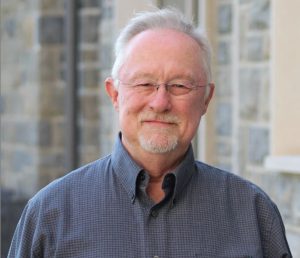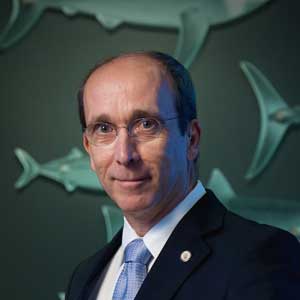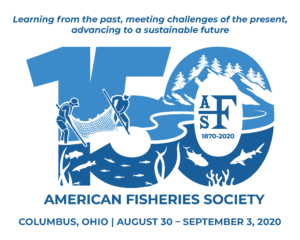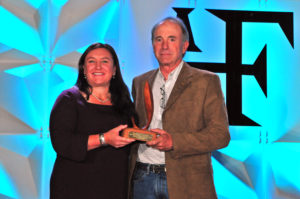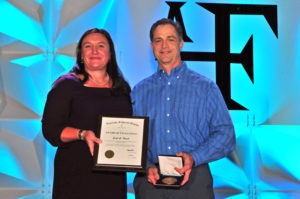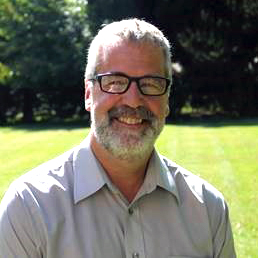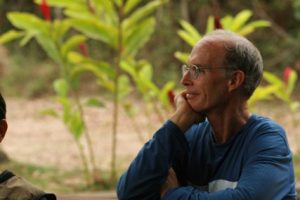

Robert Hughes Receives the Award of Excellence from the American Fisheries Society
FOR IMMEDIATE RELEASE August 25, 2022 Contact: Beth Beard [email protected] 240-687-3761 ROBERT HUGHES RECEIVES THE AWARD OF EXCELLENCE FROM THE AMERICAN FISHERIES SOCIETY (Spokane, WA)



